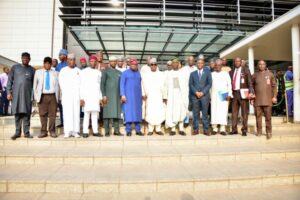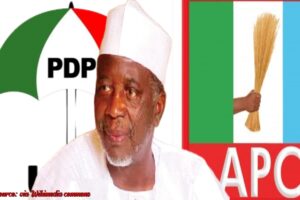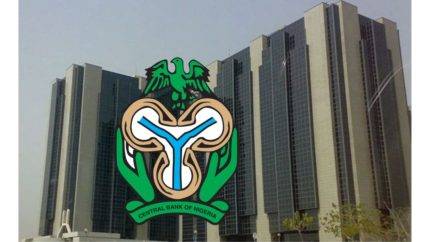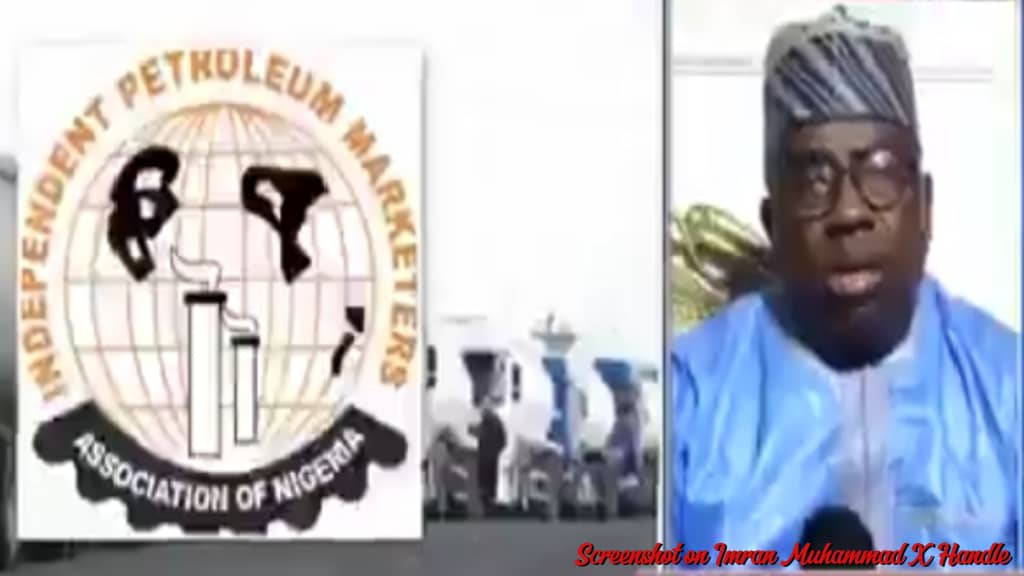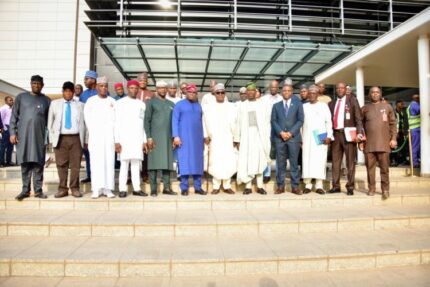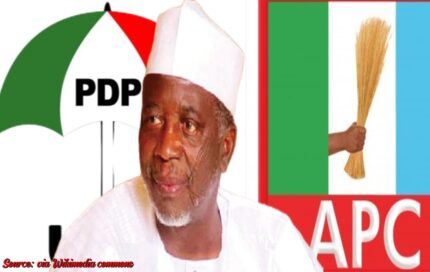IPMAN Official Points to Price Discrepancy in Petroleum Sales Yakubu Suleiman, the National Assistant Secretary of the Independent Petroleum Marketers Association of Nigeria (IPMAN), has raised concerns over what he describes as disproportionately high fuel prices at Dangote’s refinery. According to Yakubu Suleiman, the cost per litre at Dangote’s facility is higher than at other supply points across Nigeria, placing a burden on independent marketers. Yakubu Suleiman’s remarks have spurred fresh discussions around price disparities in the nation’s energy sector, especially as fuel remains a critical commodity for both personal and industrial use in Nigeria.
Speaking at a recent press briefing, Yakubu Suleiman disclosed that, as of last week, Dangote’s refinery set the price at N995 per litre, which is substantially higher than what is available from other sources. He also mentioned that marketers are responsible for organizing and transporting their cargo to Dangote’s facility, adding an extra logistical challenge. The pricing differential, he asserts, is making it increasingly difficult for independent marketers to compete, which may have implications for the wider market and end consumers.
Impact on Independent Petroleum Marketers and Their Operations
The higher prices at Dangote’s facility are affecting independent petroleum marketers in several ways, according to Yakubu Suleiman. He pointed out that these marketers, many of whom operate on relatively thin margins, are finding it difficult to absorb the increased costs associated with purchasing fuel at N995 per litre. As a result, they may struggle to stay profitable, leading to potential business closures, job losses, and reduced fuel availability in certain areas.
Independent petroleum marketers often serve as a vital link in Nigeria’s energy distribution chain, particularly in remote regions where major suppliers may have limited reach. The added financial strain from higher fuel prices, combined with transportation responsibilities, could hinder their ability to maintain regular supplies. This, Yakubu Suleiman argued, risks exacerbating fuel scarcity in these areas, impacting local economies and everyday consumers.
Calls for Review and Competitive Pricing in Petroleum Supply Chain
In light of these challenges, Yakubu Suleiman has called for an immediate review of Dangote’s pricing policies, urging them to adopt a more competitive pricing structure. According to him, a fairer pricing model would not only support independent marketers but also contribute to stabilizing the petroleum market in Nigeria. By setting prices closer to those of other suppliers, he argued, Dangote’s facility could help mitigate some of the current pressures on smaller businesses.
Yakubu Suleiman’s statements underscore a broader issue within Nigeria’s petroleum industry, where price fluctuations and logistical constraints are common. For independent marketers, who often lack the financial cushioning of larger companies, competitive pricing is essential to maintain their market presence. A recalibration of Dangote’s pricing, Yakubu Suleiman noted, could serve as a significant step towards a more balanced energy market, benefiting both industry players and the public.
Implications for Fuel Availability and Prices at the Consumer Level
The ongoing disparity in petroleum pricing could have significant implications for Nigerian consumers, particularly if independent marketers continue to bear higher operating costs. Yakubu Suleiman warned that, without intervention, consumers may soon face increased fuel prices at retail outlets, a burden that would be particularly heavy on the average Nigerian already grappling with high living costs.
Fuel price hikes could also affect transportation costs, leading to a cascading effect across various sectors. Higher prices at Dangote’s facility, combined with supply chain complexities, could ultimately drive up the cost of goods and services nationwide. Yakubu Suleiman’s warning is a call for action, highlighting the need for an industry-wide assessment to safeguard both marketers’ sustainability and consumers’ purchasing power.
Possible Government Intervention to Address Pricing Concerns
The Nigerian government may need to step in to address these pricing concerns and ensure a level playing field in the petroleum market. Regulatory oversight and possible subsidies for independent marketers are some potential avenues for intervention. Yakubu Suleiman urged government authorities to consider implementing measures that would protect smaller players from being outpriced, helping to sustain diverse sources of fuel supply across the country.
Should the government choose to intervene, it could take the form of setting price controls or offering incentives to marketers who rely on Dangote’s refinery. Yakubu Suleiman suggested that such measures could provide much-needed relief, ensuring that independent marketers remain viable and that fuel prices do not spiral out of control for consumers. Government involvement could be pivotal in stabilizing the energy sector and supporting equitable growth.
The Role of Dangote Refinery in Nigeria’s Fuel Landscape
As Africa’s largest oil refinery, Dangote’s facility is poised to play a substantial role in Nigeria’s fuel landscape. However, the pricing policies at such a dominant supplier can have far-reaching impacts on the market dynamics. While Dangote’s refinery is expected to boost domestic fuel production and reduce reliance on imports, Yakubu Suleiman’s comments raise questions about the affordability and accessibility of these resources for smaller players.
In response to the concerns raised, industry stakeholders are calling for a more collaborative approach between Dangote’s management and independent marketers. Transparent pricing strategies that cater to a diverse range of players could foster a healthier market environment. Yakubu Suleiman’s statements highlight the ongoing need for dialogue and regulation to ensure that Dangote’s significant influence translates into positive outcomes for the entire petroleum industry and Nigerian consumers at large.
Table of Contents
Discover more from OGM News NG
Subscribe to get the latest posts sent to your email.



